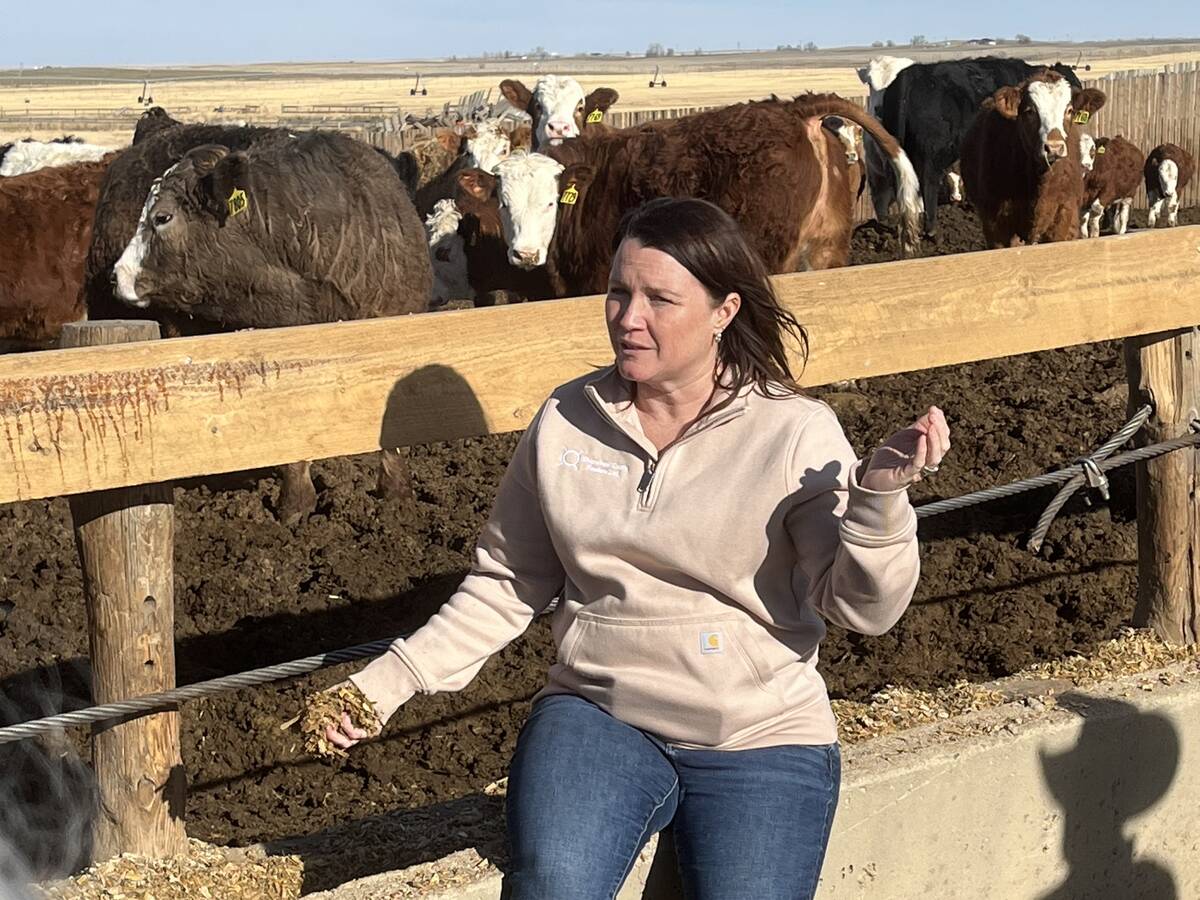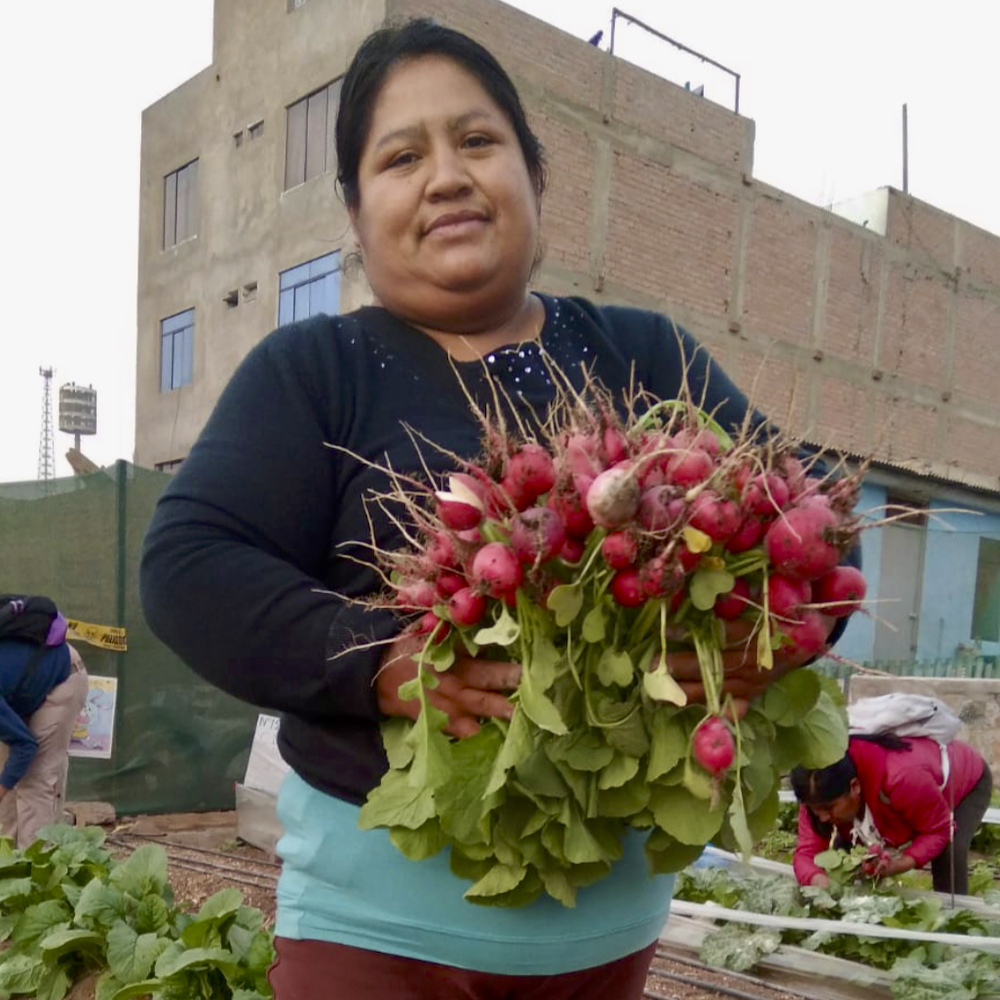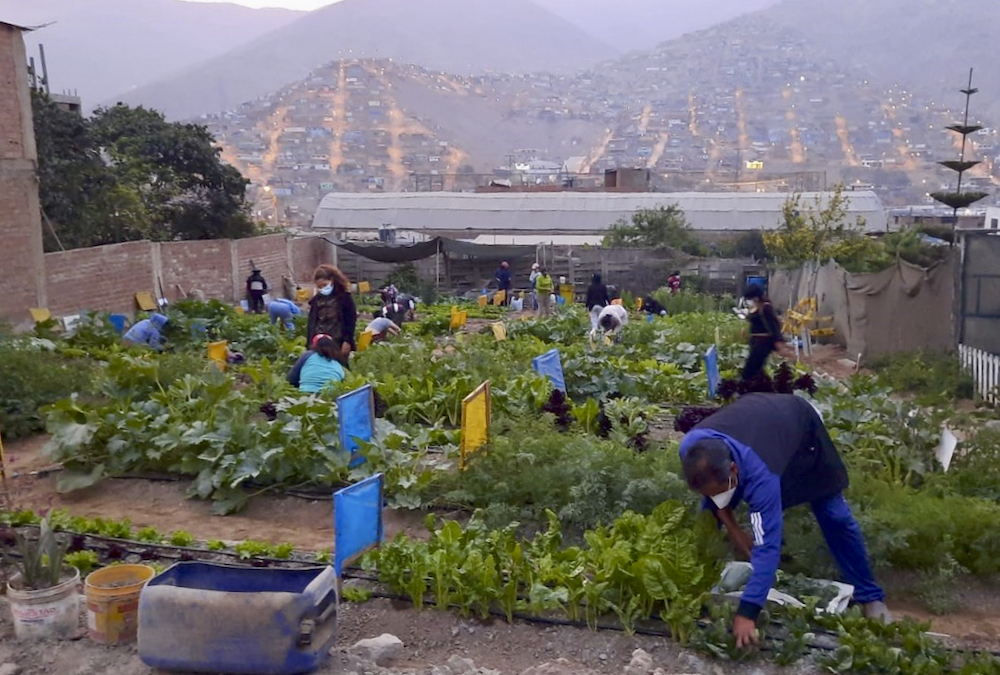Being awarded the Alberta Order of Excellence was something that had never occurred to Art Froehlich.
“I’m very private. I never spend a lot of time in the front of the parade. I’m always at the back of the parade or in the parade somewhere,” said the Calgary resident.
And while his name may not be well known to the general public, the former Saskatchewan farm boy with a life-long passion for agriculture has been involved in a host of businesses and organizations in his career.
Read Also

Roots of Resilience: The 50-year evolution of Shipwheel Cattle Feeders
Alberta’s Shipwheel Cattle Feeders is one of Canada’s pioneers in holistic regenerative agricultural practices.
His CV begins with stints at Farm Credit Canada, Hoechst Canada and Alberta Wheat Pool en route to becoming president of Westcan Malting and AdFarm. He has also served on boards of the Alberta Agricultural Research Institute, Alberta Innovates-Bio Solutions, Genome Alberta, the Alberta Agriculture and Food Council and Olds College, where he was the school’s first Thought Leader in Smart Agriculture, helping promote and develop its smart ag program.
[MORE HEARTLAND] Nuffield tour bridges the distance, shares good ideas around the globe
Froehlich, 69, who was invested in Alberta’s highest civilian order in October, has also had a big impact abroad. It was an interest sparked by a scholarship from a shipping company that he was given while studying agriculture at the University of Saskatchewan.
“I worked my way over on a ship, taking iron and ore from Quebec to Newport, Wales and then worked my way back to Churchill, Man.,” he said.
As part of the internship, he worked on farms in the United Kingdom.

“I knew when the time was right that I wanted to be involved in international agriculture,” said Froehlich. “That was a turning point in my life. That was a remarkable experience.”
His business interests in primary food production, agribusiness and marketing have taken him on numerous trips to the U.S., Europe, South America and Asia.
“Whenever I travel around the world, I go to the grocery store and find out what kind of food products the consumer there is buying, eating and using – and then I’ll try to find companies here in Canada that can provide products that the consumers want there,” he said.
Giving all of Canadian agriculture more exposure has also been front and centre in his career.
“I get very upset when I read the mainstream media. Criticism of agriculture is so high,” he said. “We have to start telling our story. That was one of the reasons I joined AdFarm. We had an opportunity there to tell the farmers’ stories.”
International charity work is also a passion.
The Froehlich Family Foundation works with social agencies at local, provincial and national levels, and enables women and young agricultural scientists in Africa to attend agricultural conferences.
“I have done charity work in over 50 countries around the world,” he said. “I love doing that. I have a great time doing that. Our family spends most of its time doing charity work. … Our focus is youth and women in agriculture. That’s where we put all our emphasis.”
One of its initiatives is a growing project in Manchay, a crowded and desperately poor community of 190,000 people on the edges of Lima, Peru.
Froehlich and his family paired with another Alberta charitable organization, the Jack Neufeld Family Foundation, to create the Manchay Gardening School about six years ago.

The goal was to help the women learn, under the guidance of agronomists, better ways to grow vegetables. Once they finish the six-month course, the women are encouraged to start home gardens in the plots in their shanty town. The school provides tools, seed and piping for drip irrigation, which uses grey water from their homes.
“We’ve had well over 500 women graduate from the school,” said Froehlich. “We’ve had several hundred women start home gardens; some large, some small. It’s been quite successful.”
[MORE HEARTLAND] To be truly sustainable, local food must work on many levels
The training enables the women to grow food for their families and also earn extra money by selling any surplus from their garden.
Part of the program focuses on increasing organic matter in soil, something Froehlich has been interested in since his university days when he majored in soil science.
He has also long been interested in climate change and how agriculture can mitigate it.
“Agriculture is always accused of being a horrible business and contributing to climate change,” said Froehlich. “I’m of the opinion that agriculture is doing, and can do, so much to mitigate climate change – keeping carbon in the soil, dealing with the appropriate use and placement of fertilizer, and using biologicals along with the traditional chemical controls. And all of this to make the industry much more sustainable than we’re given credit for.”
















